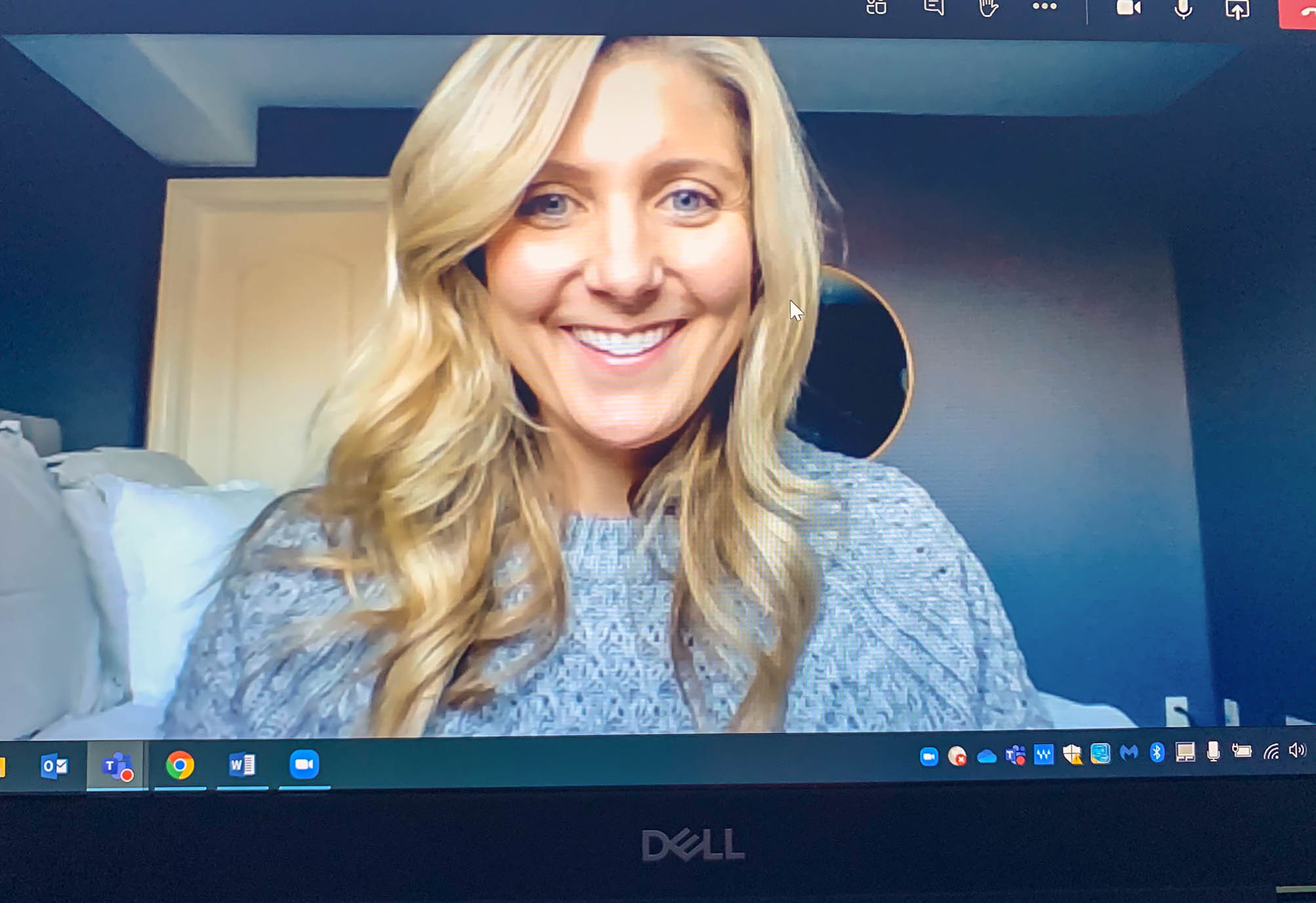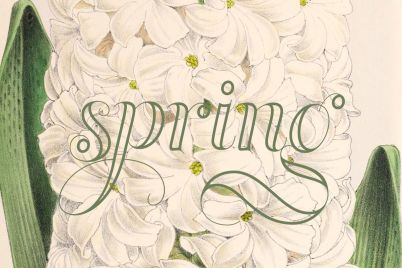
“Times are tough and there is no shame in reaching out for support,” said Kari Mapes, a licensed personal counselor at WCC.
By DEBRA DESTEFANI
Staff Writer
Winter weather can bring about seasonal depression, also known as seasonal affective disorder. For some students, it can be difficult to keep up the motivation to make it to the finish line.
WCC offers virtual counseling free of charge for students, a resource that can be accessed throughout the winter months.
Kari Mapes, licensed personal counselor at WCC, encourages students to reach out to support systems and doctors if they are affected by feelings of depression.
“Sadly, many people have faced unexpected hardship and loss this year. Through these stressful times and as we approach the long winter months, it is important that we remember to practice emotional awareness and check-in with ourselves daily to ask, ‘How am I feeling?’” said Mapes.
“Journaling, practicing mindfulness and meditation, going outside and taking a walk even if the weather isn’t ideal, and connecting with your support system is huge.”
According to the National Institute of Mental Health, scientists don’t fully understand what causes SAD. Symptoms and treatments typically mirror those of a depression diagnosis.
Some possible causes include a deficiency in vitamin D (that we get from sunshine, which is lacking in the winter), negative thoughts and feelings surrounding the winter season, and even an overproduction of melatonin, which can cause sleepiness.
Another factor is daylight savings time, which accompanies the cold weather and shifts our sleeping and waking schedules and makes many people feel “off.”
A healthy amount of sleep is vital for our ability to function day-to-day. Mapes suggested having a consistent waking and sleep time, and sticking to that schedule seven days a week.
Lynnae Chapman is a 19-year-old student at WCC who is studying journalism. She said she feels that the onset of winter affects her mood “for the worse.”
“I’d say I’ve definitely had periods in my life where I’ve felt symptoms of depression, but it usually does get worse during the winter,” said Chapman. “Maybe it’s the lack of sunlight or the shorter days, but I tend to feel less motivated in most aspects of life during the winter.”
A Google search for seasonal affective disorder brings up results that mention alternative treatments, but these “cures” for SAD should not replace a doctor’s advice.
“If you’re noticing these symptoms, connect with your primary care physician to discuss treatment options such as supplements, light therapy, or prescribed medication in addition to talk therapy,” said Mapes. “I find it really important to work with students to use coping techniques that work for them to mitigate and minimize symptoms, whether it’s reduced energy, loss of concentration, or feeling hopeless.”
Students can schedule an appointment to speak to a counselor through WCC’s TeleMental Health services by calling (734) 677-5102. Students can also get phone support 24/7 via the Campus Assistance Program: (866) 227-3834.
In addition, students can schedule an appointment to speak to a counselor on WCC’s website at https://www.wccnet.edu/succeed/personal/counseling.


